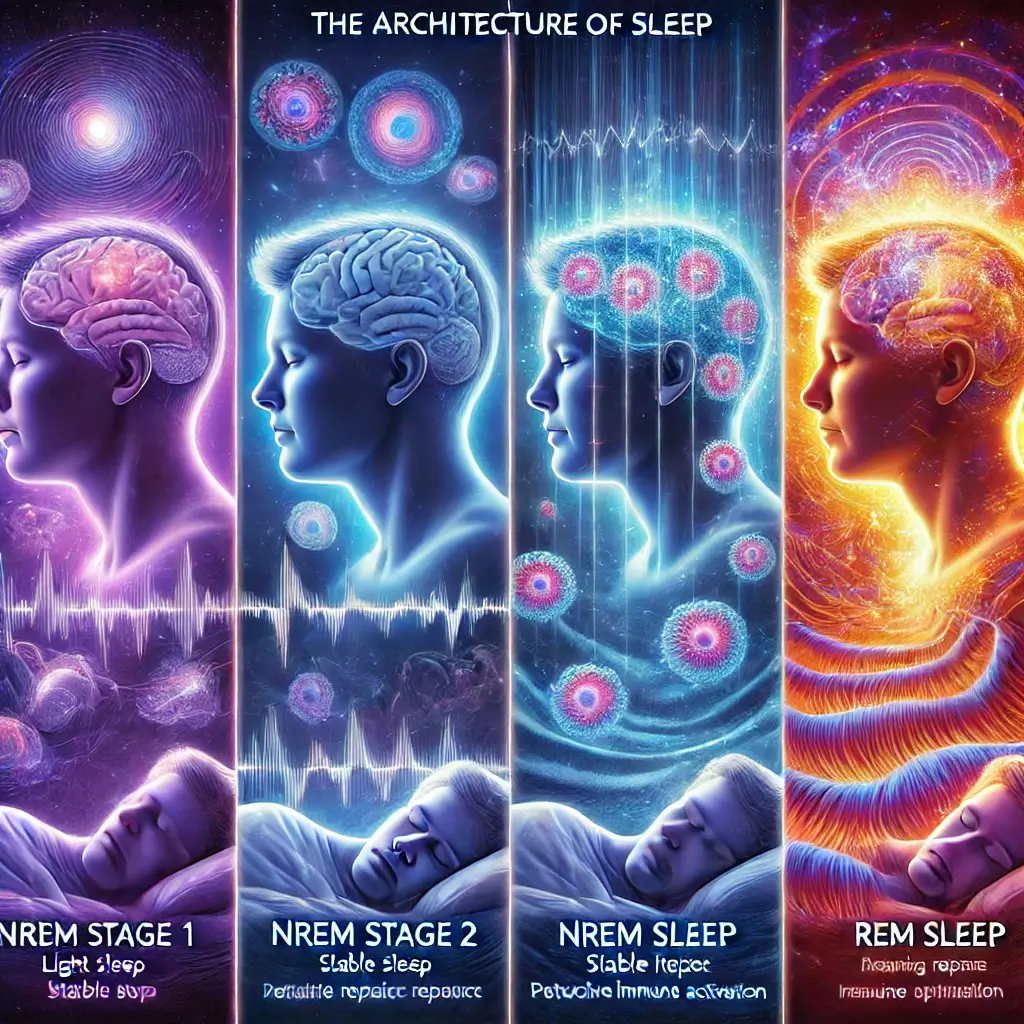Unlocking Brain Potential: New Discoveries in Sleep Science Revolutionize Learning
Sleep spindles, brief electrical bursts during NREM sleep, play a crucial role in memory consolidation…
The Genetic Blueprint of Rest: Scientific Advances Reveal Why Sleep Patterns Vary
New research reveals genetics significantly influence sleep patterns and disorders. Scientists identify specific genes affecting…
Sleep Quality in the Modern Age: Research-Backed Insights into Sleep Architecture and Health
Explore the science of sleep architecture and its critical impact on health. Discover how modern…
Understanding Modern Sleep Medicine: From Benzodiazepines to Melatonin Agonists
Discover effective prescription medications for managing insomnia, from traditional options to newer alternatives. Learn about…
Transform Your Sleep Quality: Professional Insights into Relaxation Training Methods
Discover effective relaxation training techniques to combat insomnia, from diaphragmatic breathing to progressive muscle relaxation.…
Evidence-Based CBT: A Comprehensive Guide to Transforming Thoughts and Behavior
Discover how Cognitive Behavioral Therapy (CBT) effectively treats stress, anxiety, and sleep disorders through goal-oriented…
Breaking the Cycle of Sleeplessness: How Insomnia Affects Your Daily Life and Health
Insomnia affects sleep quality, making it difficult to fall or stay asleep. This common disorder…
Unlock Your Potential with Quality Sleep
In our fast-paced modern world, sleep is often the first sacrifice we make to accommodate…








